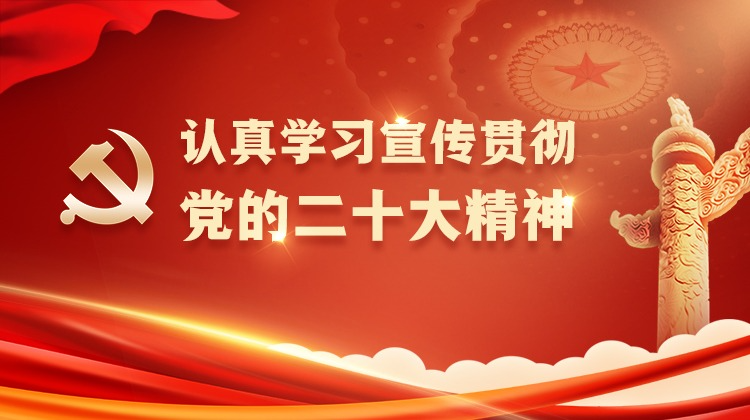
This undated photo shows people waiting in line in front of a Mixue store in Sydney, Australia. [Photo/Xinhua]
In recent years, new-style tea beverage companies like Mixue Bingcheng and Chagee have led China's outbound expansion, opening thousands of stores across Southeast Asia, North America, and beyond. By early 2025, Mixue Bingcheng had over 45,000 outlets worldwide — surpassing global giants such as McDonald's and Starbucks in number — while Chagee grew to more than 6,700 locations.
This growth goes beyond commercial success; it highlights China's growing soft power in the food and beverage sector, where innovation meets cultural relevance at affordable prices. Key to their success is a blend of strategic, economic, and consumer-focused approaches. Both Mixue Bingcheng and Chagee prioritize affordability and accessibility — lessons learned in China's highly competitive domestic market and skillfully adapted abroad.
Originating in Henan province in 1997, Mixue Bingcheng has built its empire on ultra-low pricing, making premium tea beverages accessible to consumers, especially in price-sensitive markets like Indonesia. This strategy has driven local job creation and helped the brand outpace competitors.
Chagee, meanwhile, markets itself as a provider of "modern Oriental tea," emphasizing high-quality raw leaf teas with minimal localization, appealing to health-conscious consumers worldwide.
Supporting this value proposition is a strong franchise system, paired with agile localization strategies enabling rapid scaling. Mixue Bingcheng's 2025 initial public offering on the Hong Kong Stock Exchange provided crucial capital for international growth, fueling expansion across Southeast Asia and into Australia and Japan. Menu adaptation to suit local tastes helps overcome cultural differences while maintaining the brand's identity of fresh, customizable drinks.
Chagee has also made inroads into markets like the Philippines and the United States, partnering with local businesses to foster community ties. This approach dovetails with trends in China's digital economy, where brands leverage e-commerce, social media, and data analytics for targeted outreach. The result is widespread viral interest, with overseas consumers sharing unboxing videos and boosting brand awareness.
Despite their rapid growth, these brands face challenges similar to those encountered by China's digital innovators. Competition from established players such as Starbucks and local chains requires constant innovation. Regulatory hurdles, especially stringent food safety standards in regions like the European Union, demand careful navigation to maintain consumer trust. Both companies are responding by investing in localized research and development and compliance measures. Chagee, for instance, aims to enter 100 countries in the next decade, forging alliances focused on ethical sourcing and community engagement.
The international success of Mixue Bingcheng and Chagee signals a new chapter for Chinese tea beverages, one where economic ambition fosters inclusive growth. By exporting not only products, but a revitalized image of tea as a healthy, versatile staple, these brands are winning loyal global followings and preparing the way for a broader surge of Chinese exports. Their expansion enriches global tastes while enhancing China's reputation as a hub of innovative enterprise.







 新华报业网
新华报业网














 Android版
Android版
 iPhone版
iPhone版




